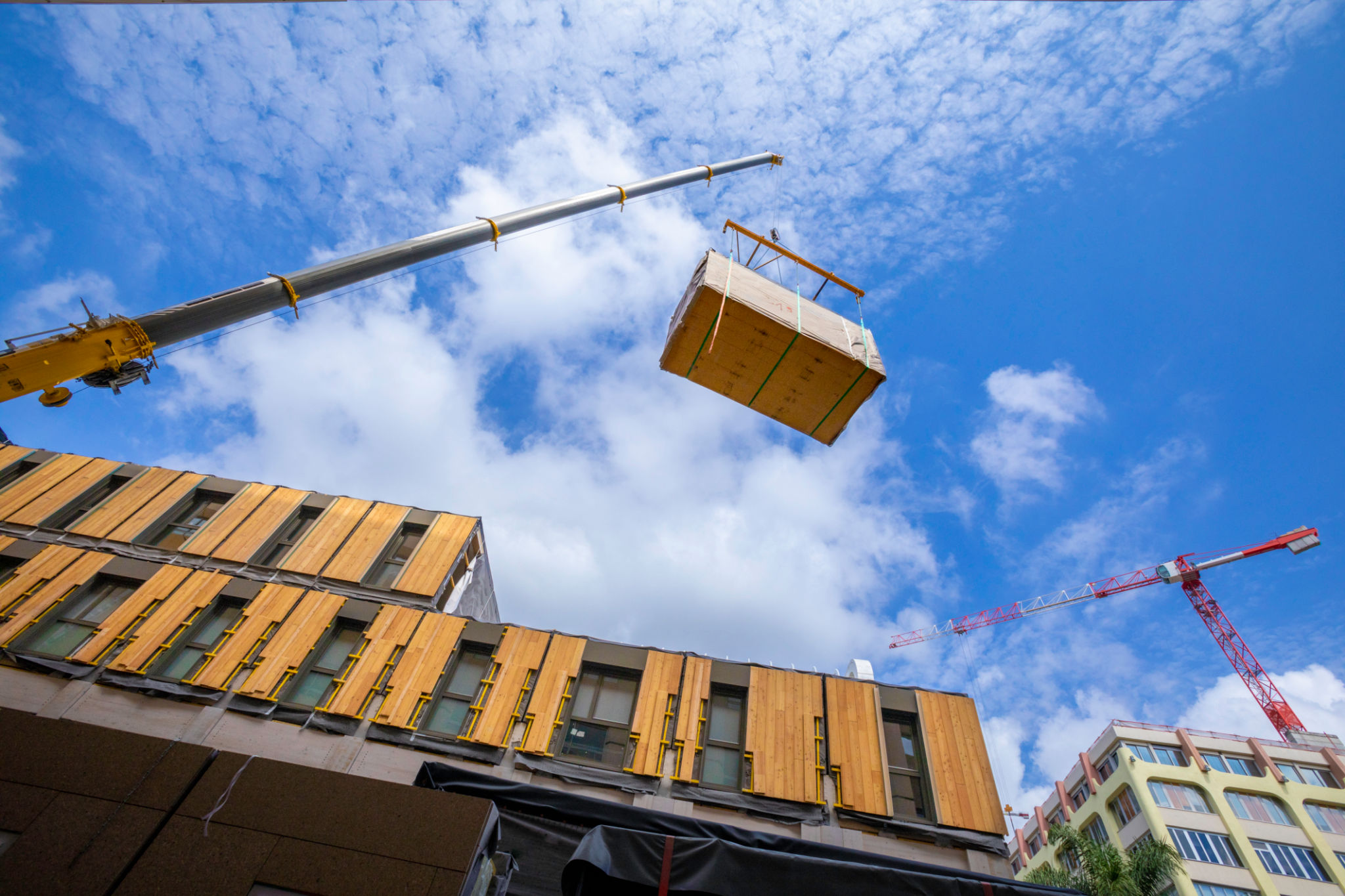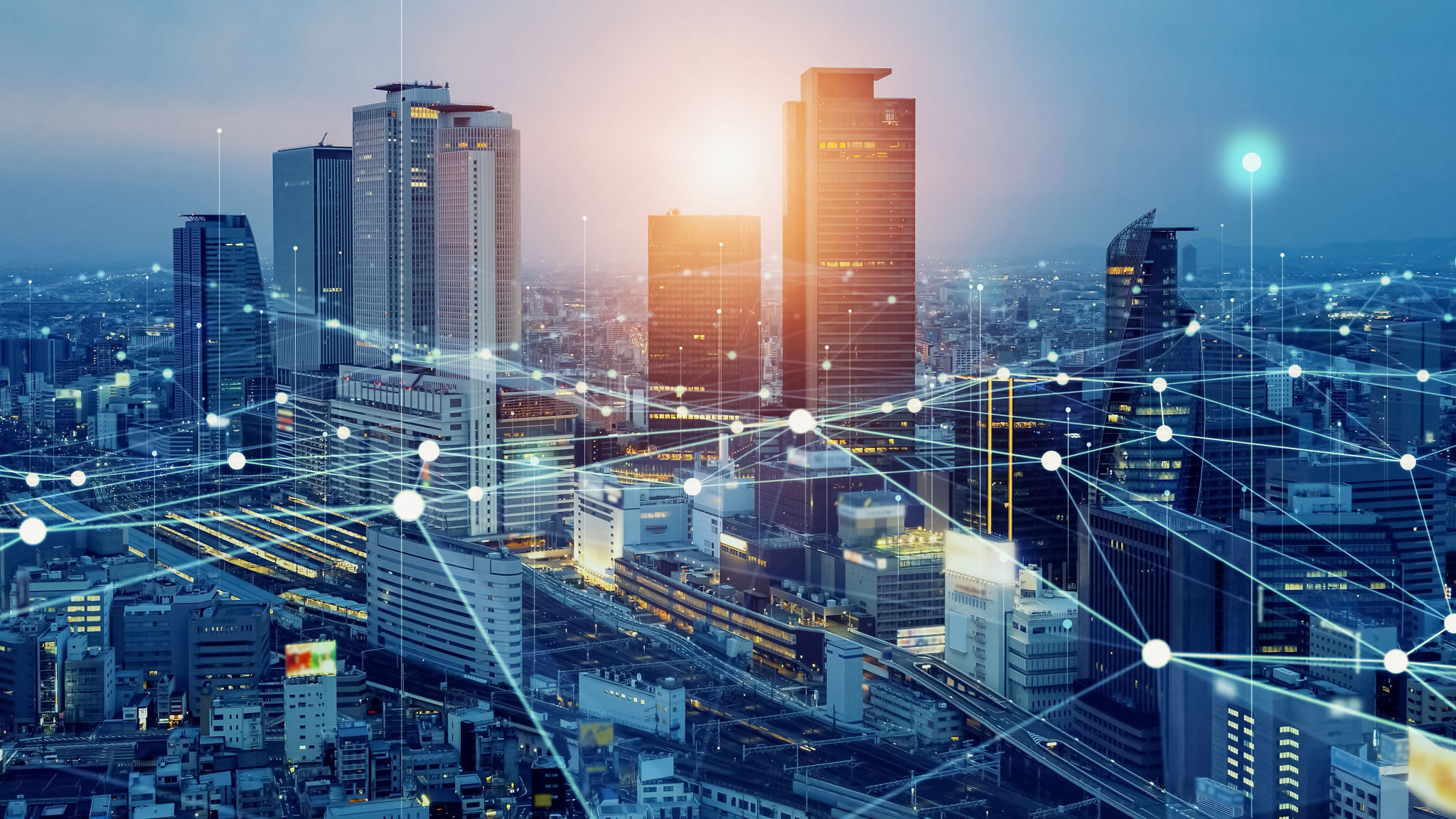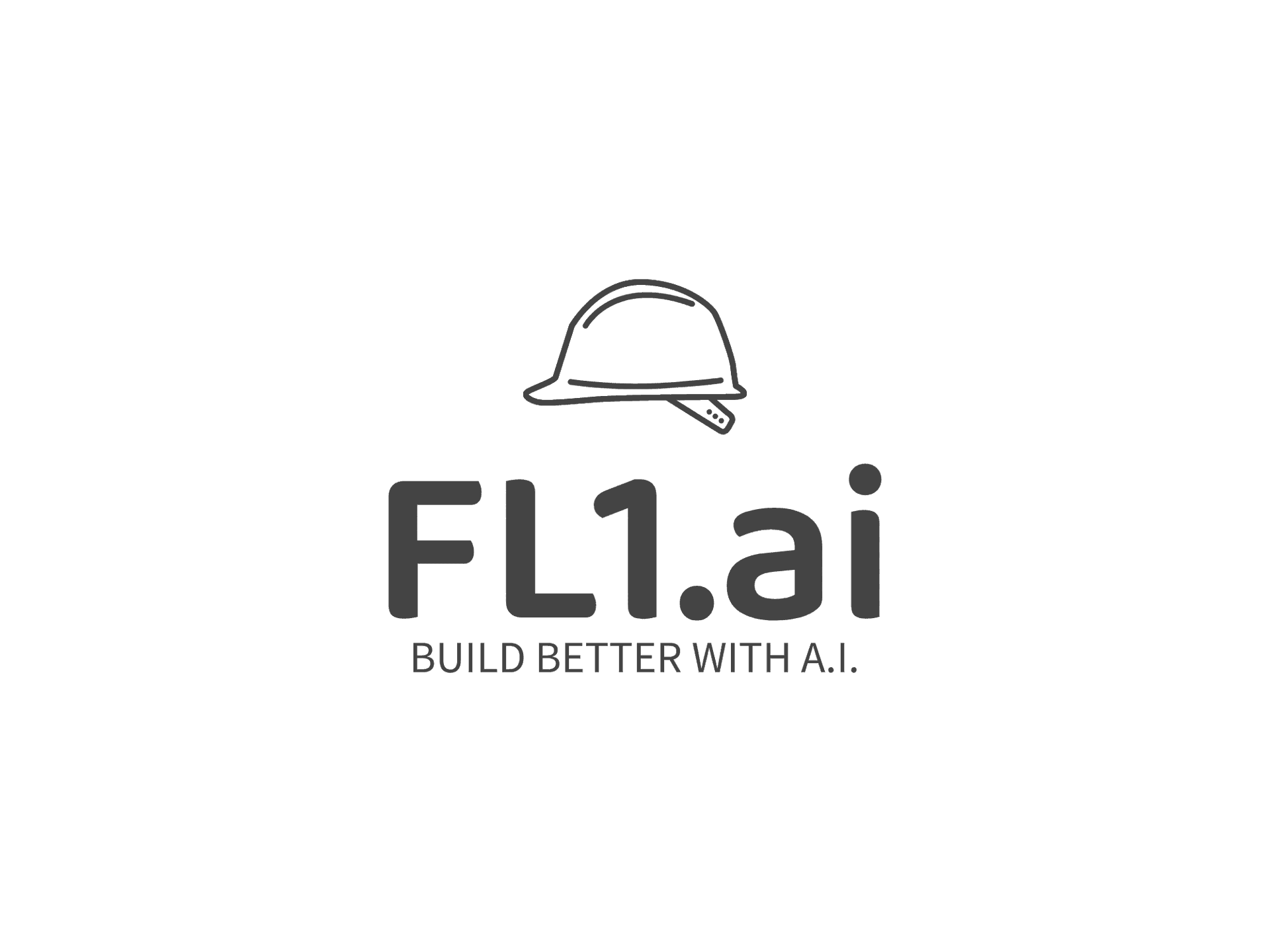Understanding AI's Role in Sustainable Construction Practices
The Intersection of AI and Sustainable Construction
In recent years, the construction industry has started to embrace technological advancements to enhance efficiency and sustainability. One of the most transformative technologies in this field is Artificial Intelligence (AI). By integrating AI into construction practices, companies are finding new ways to improve sustainability while maintaining productivity and cost-effectiveness.
AI's role in sustainable construction is multifaceted, providing solutions ranging from smart design and planning to real-time monitoring and predictive maintenance. These innovations are reshaping the industry, reducing waste, and promoting environmentally friendly practices.

Smart Design and Resource Management
AI-driven design tools are revolutionizing how construction projects are conceptualized. By simulating various scenarios, AI can optimize designs for energy efficiency, material use, and environmental impact. This process not only enhances sustainability but also aids in reducing costs associated with excess materials and energy consumption.
Moreover, AI can assist in resource management by accurately predicting the materials required for a project. By minimizing over-ordering and waste, construction companies can significantly reduce their environmental footprint. This ensures that resources are utilized effectively, aligning with sustainable development goals.
Enhancing Energy Efficiency
Energy consumption is a critical aspect of sustainable construction. AI technologies can analyze data from smart buildings to optimize energy use, adjusting heating, cooling, lighting, and ventilation systems in real-time. This adaptability not only conserves energy but also leads to significant cost savings.

By employing machine learning algorithms, AI systems can predict energy demands, allowing for proactive adjustments that maximize efficiency. These systems learn from usage patterns and environmental conditions to deliver optimal energy solutions tailored to each building's needs.
Real-Time Monitoring and Predictive Maintenance
AI's ability to provide real-time monitoring of construction sites is a game-changer for sustainability. Drones equipped with AI technology can survey sites, ensuring compliance with sustainable practices and identifying potential environmental hazards before they escalate.
Predictive maintenance is another area where AI makes a significant impact. By analyzing data from sensors embedded in machinery and infrastructure, AI can predict when maintenance is required, preventing breakdowns and prolonging the life of equipment. This proactive approach reduces downtime and resource wastage.

Reducing Carbon Footprint
The construction industry is a major contributor to global carbon emissions. However, AI is helping to mitigate this by optimizing logistics and supply chains. By minimizing unnecessary transportation and streamlining processes, AI reduces the carbon footprint associated with construction activities.
Furthermore, AI can assist in selecting low-carbon materials and methods during the project planning phase. This ensures that sustainable choices are made from the outset, contributing to long-term environmental benefits.
Conclusion: A Sustainable Future with AI
The integration of AI into sustainable construction practices marks a significant step forward for the industry. As AI continues to evolve, its applications in construction will undoubtedly expand, offering even more innovative solutions for environmental challenges.
For construction companies looking to enhance their sustainability efforts, embracing AI technology is not just an option but a necessity. It promises not only to improve operational efficiency but also to drive meaningful progress toward a greener future.
